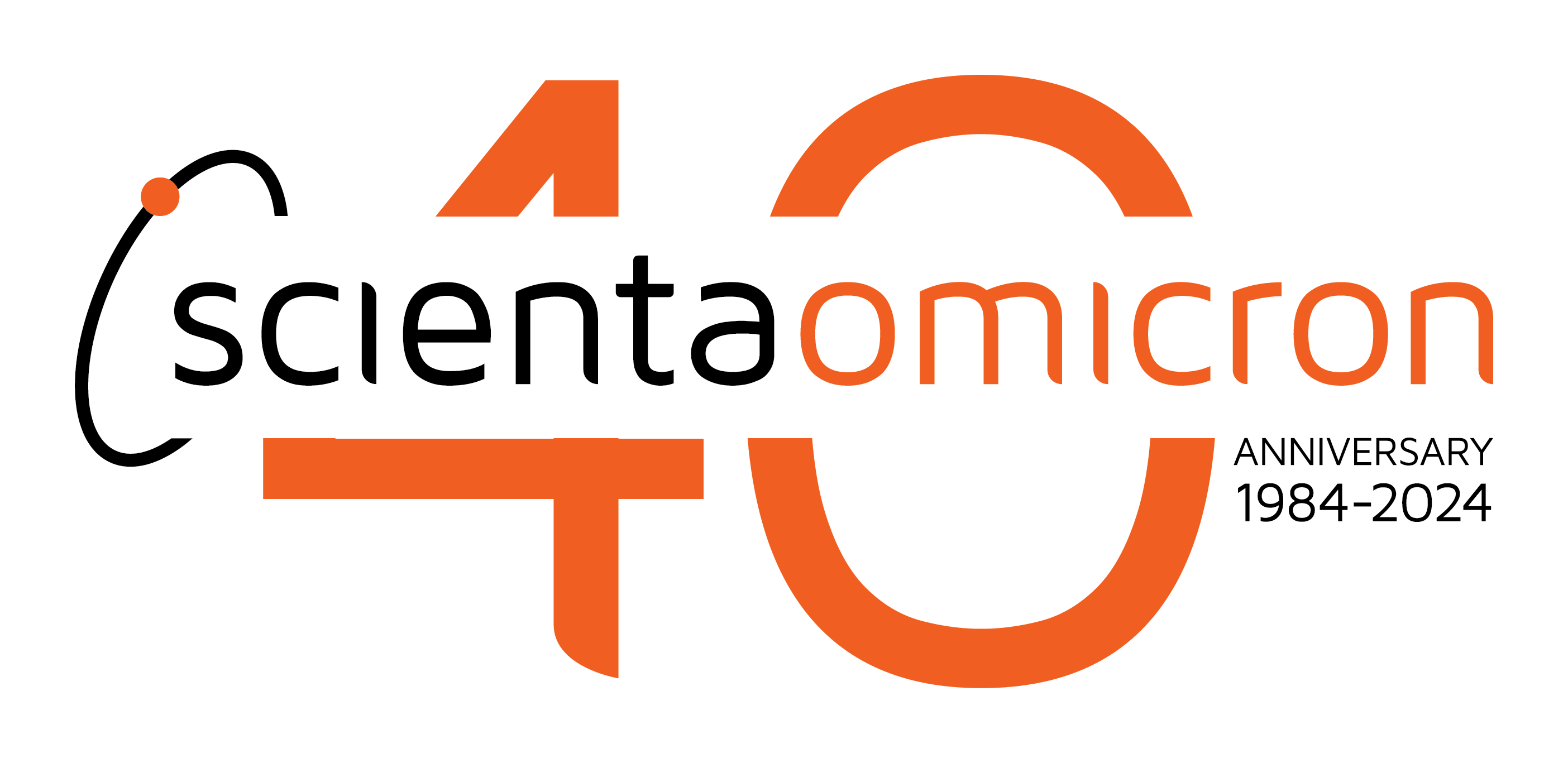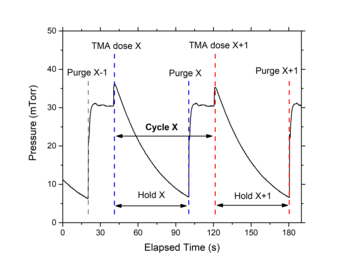ALD-XPS system at Dublin City University (DCU)
Our ALD-XPS system installed at the Nano Research Facility is an automated and integrated X-ray Photoelectron Spectroscopy (XPS) tool that allows the following of individual oxidation and reduction reactions between the Atomic Layer Deposition (ALD) pulses of a growth process. It will help to drive research advancements in fields such as high-volume semiconductor manufacturing, biomaterial coatings, photo-electrochemical solar water splitting, and lithium-ion battery research.
Professor Greg Hughes at DCU says that, “What’s truly fantastic about the custom built integrated ALD-XPS instrument is that it represents the convergence of basic research and manufacturing. It completely breaks down the barriers between the words basic and applied, as well as between the academic researchers and the needs for industrial scale up which are essential for mass production.”
Just a few weeks after installation researchers at DCU, led by Professor Robert O’Connor, analysed the performance of different blocking and accepting polymers for area selective Al2O3 growth during the various ALD cycle stages. The penetration of the precursor into the polymer is least for polystyrene (PS).
“This system is a unique combination of ALD and XPS whereby the XPS analysis can be programmed as part of the ALD recipe. It has been optimised for integration into DCU’s existing infrastructure in order to support their research applications for the semiconductor industry. We look forward to keeping abreast of future results from researchers and industry collaborators using the Nano Research Facility at DCU,” says Dr Ad Ettema from Scienta Omicron.
Read more about the Nano Research Facility at Dublin City University.

